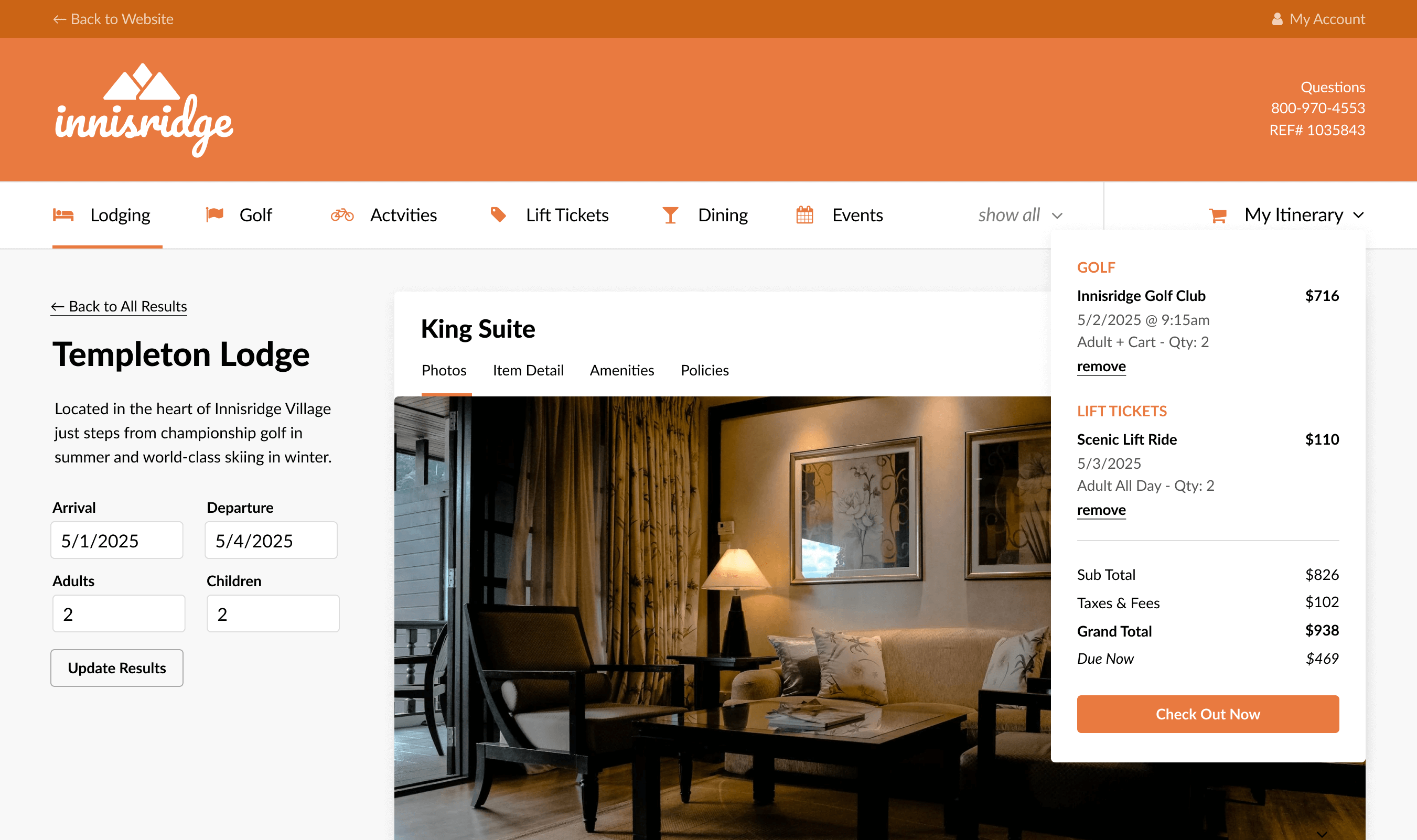
News

When building a table query, it can be challenging to know which transactional table to use: the Event table or the Passes table. As with most things, the right tool for the job depends on your use-case. It should be expected that these two tables would produce different results for the same query. This is due to some key differences between the two data sets, which I will explain.
The transactional Events table contains all relevant data related to a purchase and is therefore limited to just the purchaser’s information. The Events table contains any transaction a customer has made from one of your Point-of-Sale (POS) systems, but unless you specifically include the participants’ data, it will not reflect a customer for whom someone else has made the transaction.
To include the participants’ data – if your query is required to include not just the purchaser, but the person for whom the product was purchased – you have the option to select it before executing the query. An example would be in the case of a youth camper or children’s ski school lesson. By default, just the purchaser – probably an adult purchaser – will be returned in the query, but if you select the participant flag, the youth camper record will also be returned in the query.
Another relevant example of this is for season pass access types of products. If a parent buys four season passes for their household, all four transactions are associated as a transactional event for just that parent’s (just the purchaser’s) name, but not each passholders’ name, because they are not the ones conducting the transaction. Therefore, there will be no record of them in the Events table for that transaction.
To build a query intended to include all four pass holders and not just the purchaser, the Passes table is the correct choice. A guest record will be available in the Passes table for any product that has a pass media number associated to it.
Note: This table traditionally only included season pass types of products. In recent years, however, with many resorts and operators converting to hard-card scannable or RFID media for frequency cards, multi-day packs, and tickets, now the Passes table often contains all types of access products, not just season passes.
When you’re building a new query in Insight, remember that the key differentiator for the Passes table is that it will reflect customer data for all relevant customers, regardless of who bought the pass product, whereas the Events table reflects just purchasers’ customer data.
If you have more questions about using these tables, contact Inntopia Support or your Account Manager.
| Photo by PIRO4D from Pixabay